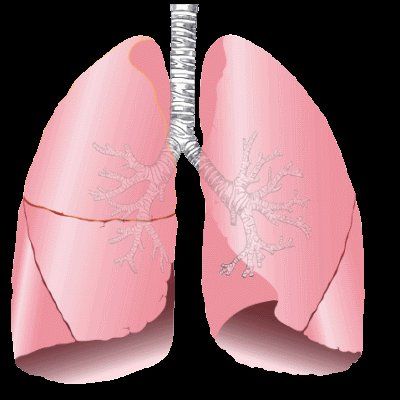Organisms obtain the energy required to conduct various biological processes by breaking down sugars and converting them to the energy currency ATP. This occurs by the metabolic process of respiration, which essentially includes three main pathways — namely glycolysis, citric acid cycle and oxidative phosphorylation. Although the reactions leading to ATP synthesis are well understood, the mechanisms that regulate these processes remain unclear.
Regarding the impact of respiration on overall cellular metabolism, scientists believe that it can occur via two different paths. Firstly, since respiration determines the ATP/ADP ratio in a cell, it indirectly impacts the activity of enzymes using ATP. Secondly, the oxidative phosphorylation system produces reactive oxygen species and their accumulation can potentially affect the redox status of a cell.
To delineate how the respiratory chain contributes to the control of plant metabolism, scientists on the EU-funded 'Impact of mitochondrial respiration efficiency on plant cell metabolism' (RESPARA) project used the model plant Arabidopsis thaliana. They generated a series of mutants in the first complex of the oxidative phosphorylation system and set out to identify the mitochondrial signals triggering a cellular response.
Results indicated that complex I was essential for the development and survival of plants. When complex I was deleted, respiration was significantly impaired, clearly indicating that it acts as a negative regulator of respiration.
Apart from providing fundamental insight into biology's most conserved and vital pathways, the findings of the RESPARA work could help understand the pathophysiology of many metabolic disorders. Furthermore, the generated information could form the basis for the design of future treatment strategies to cure respiratory complex I deficiencies.
